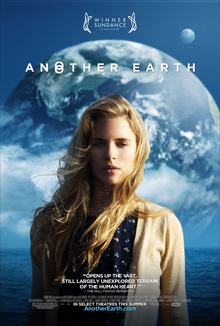[In this segment, we discuss a popular tag on the site, and what are some of the most interesting observations made from the topic.]
Lord of the Rings is perhaps one of the most complete fantasy worlds ever created. There are so many unanswered questions, it’s the perfect topic for a Stack Exchange site. I’ve seen questions which have really made me think. Some of the great insights I’ve gained by studying the topic here include:
Who or What was Tom Bombadill? This is actually the single most upvoted question so far on the site. The most popular answer leads through a discussion first on what he isn’t. He isn’t a human, dwarf, elf, magician, doesn’t seem affected by the One Ring, and doesn’t seem to care for much around him, except for his surrounds. The most likely theory: he is one of the Ainur, descendent of Ilúvatar , the creator, or somehow related to them. But, as the second most popular answer quotes from Tolkien himself: “And even in a mythical Age there must be some enigmas, as there always are. Tom Bombadil is one (intentionally).”
What special powers did the Dwarf rings give their users? So, we know there were a total of 20 rings of power, 9 given to humans, 7 to dwarves, 3 to elves, and 1 to Sauron. Of these, all play a significant role in the series, except for the Dwarf Rings. What did they do? It seems likely from various answers that the 16 rings made by Sauron, except for the One Ring, were all very similar in power. The main difference seems to be how they affect a person, given their biology. The main use of the Dwarf Rings was twofold. The advantage by having them was great wealth. The disadvantage was extreme greed. The dwarves who used them were not subject to Sauron’s control, nor did they turn invisible.
Why weren’t the Three Rings for the Elven-kings destroyed as well? We all know the One Ring was destroyed. The human and dwarf rings ceased to function after the destruction of the One Ring. But, the 3 elf rings, free from the corruption of Sauron, still functioned, or is so believed. They were all removed from Middle-earth at the end of the book. Why weren’t they destroyed? From reading this topic, a clear answer is not provided, but it seems likely that the 3 rings lost at least some, if not all, of their powers, that they had some connection to the One Ring, despite the Elves’ best attempts. The rings disappeared from Middle-earth, without us knowing if they still worked. By leaving Middle-earth, it no longer mattered if they were destroyed, and they were in good hands. It seems like it just didn’t matter.
Finally, I’d like to end with an answer that was so amazing, that I can’t even begin to give it any justice, so I’m just going to give the title of the question and a link. I hope you enjoy Lord Of The Rings – what is the important background information contained in the poems?



